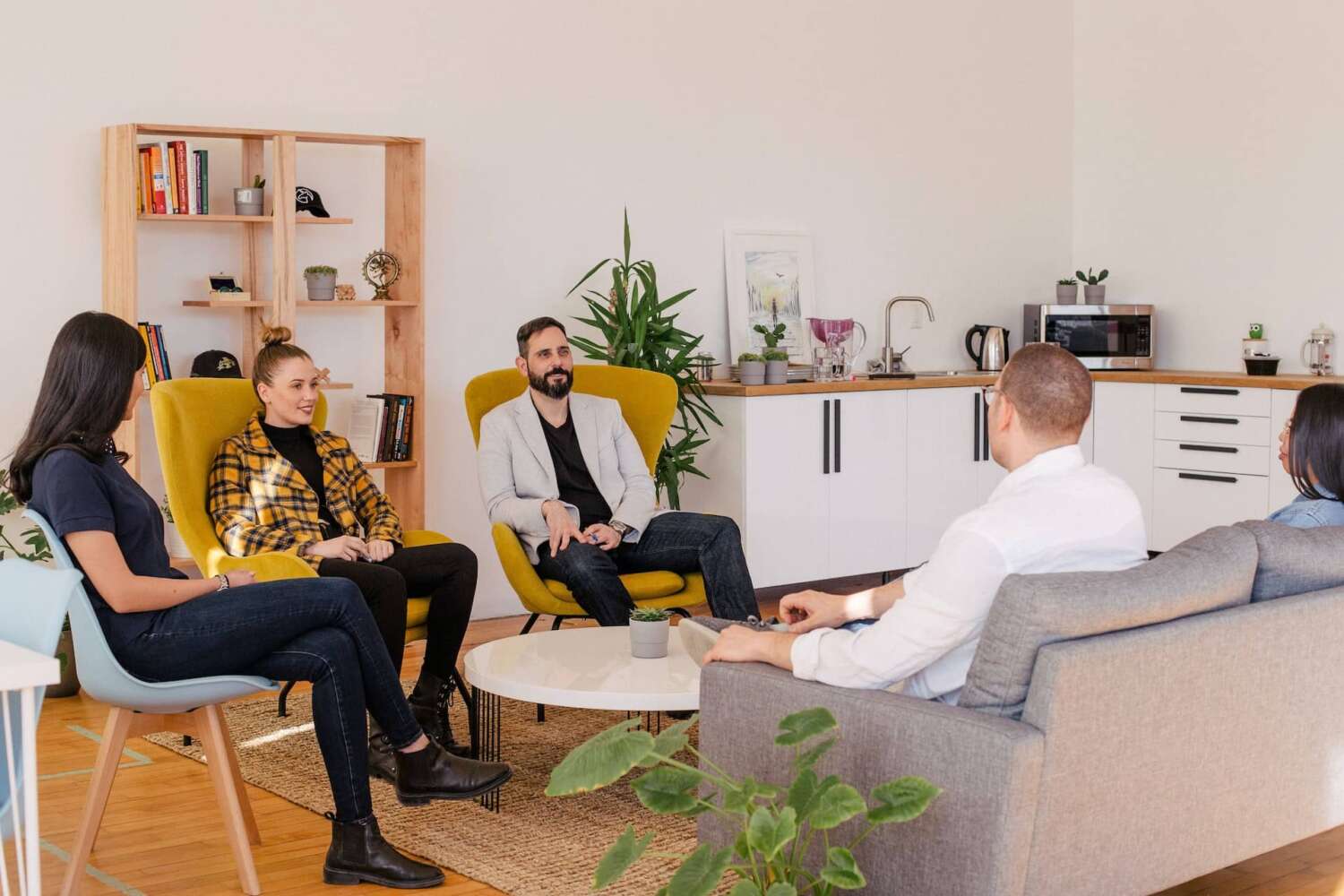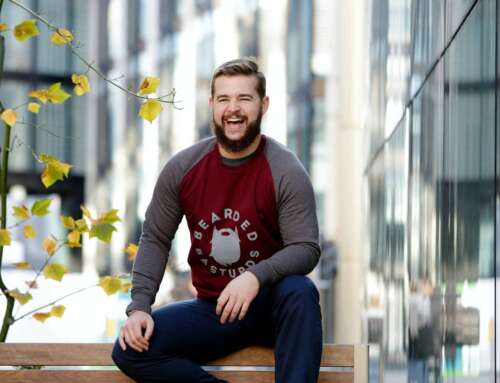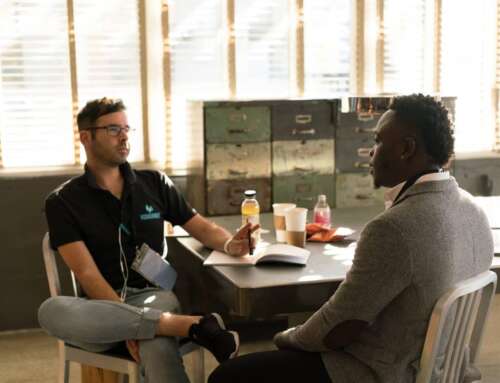It’s really difficult to be new at something. It doesn’t matter the realm. Whether it’s speaking a new language, skateboarding down a sidewalk, or even sex with a new partner, trying to accomplish a task after learning how to do it can feel uncomfortable, even if you’re doing it well. Sex coaching can feel like that, too. What’s the secret to smooth, effortless (looking) coaching? Practice.
Coaching & Sexology Knowledge Isn’t Enough
While enrolled at Sex Coach U, students are taught many different aspects of sexology in order to best serve our clients. We learn the history of those that came before us and blazed the trail, breaking taboos around studying sex. We review the differences and similarities of the sexual anatomy and physiology of the human body. We explore the range of sexual practices of every phase of life—from infants to seniors. And we study the myriad sexual concerns that people of every gender, sexuality, or relationship configuration might experience. That’s a lot!
We also learn about coaching. One of my favorite books on coaching, ‘Co-Active Coaching’ by Kimsey-House, Kimsey-House, Sandahl, and Whitworth goes into great detail explaining the ins and outs of coaching, how to hold space for clients, how to ask clarifying and empowering questions, and how to stay present and listen to what is being said (and what is going unsaid). This is part of SCU’s required reading and is invaluable as a textbook for our program. Prior to joining this program, I became an ICF-certified life coach and I had read and re-read this book and others, learning what coaching could be. But I had to do more than simply read about coaching.
Just like learning any other skill, I had to practice. I had to practice simply opening a session with a real person in front of me, not knowing what to expect. I had to practice time management so the session didn’t end with the client feeling raw and vulnerable. I had to practice how to help my clients identify their goals when they knew there was a problem in their life, but couldn’t identify exactly what it was they wanted to change. I had to practice reframing my clients’ long-held mindsets about the world and what they believed about themselves when those beliefs weren’t serving them. I had to practice self-management. It’s hard as a new coach to know when to stay silent so the client can answer thoughtfully and when to interrupt so the client can get the most out of our time together.
Coaching is more than being a friend, and it’s more than being a sounding board. We ask the questions that friends don’t ask. We offer feedback and education and experiential energy that the artificial intelligence of a coaching app doesn’t have. These are skills that prove we are trained professionals. These skills affirm that not just anyone on the street is capable of doing what we do.
How We Practice at Sex Coach U

Photo by Jason Goodman on Unsplash
Sex Coach U offers twice monthly Peer Coaching Practice Sessions in order to empower students to put their burgeoning coaching skills into action. It’s a safe container for coaches-in-training to apply specific approaches and techniques with their peers who can appreciate the effort and give valuable feedback. In fact, the feedback is just as important as the practice.
Where else can we, as coaches, try something that feels really “out there” or something we’ve never tried before with a client? We may not want to make a bad impression as we learn how to coach and hone our skills. What if a client doesn’t get the kind of service we promised them? No one wants that.
We may be tempted to coach friends or family members, but that is ill-advised. It’s nearly impossible to authentically coach friends and/or family because doing so requires an emotional separation from both parties to be able to communicate as a coach/client rather than friend/friend or lover or relative. We are vested in our personal relationships and it’s very difficult to coach (and be coached) from the truly neutral space that’s required. It’s too easy for one or both people to fall into their regular relationship dynamic.
Beyond needing to overcome the relationship dynamic, will friends or family members be willing to provide critical feedback? Would they even know what type of feedback you need? It’s nice to hear, “That was really great,” from your best friend, but what’s of far greater value is hearing, “I appreciate the way you specifically asked about my views on pleasure and masturbation, but I felt like you didn’t give me a chance to answer completely before asking the next question. I could have used a little more time at that moment.” That’s the type of feedback that another coach can offer.
SCU’s peer coaching practice sessions allow you to, maybe for the first time, see what it feels like to be a client. Each meeting provides a lesson that you can apply to your practice session as the coach, but sometimes the magic really occurs when you’re in the client seat and get to feel how different approaches affect you. For example, as a personal trainer, I would never ask a client to perform an exercise I had never tried. Why? Because I want to know what it feels like to do a burpee before I can coach it properly. Being a client provides you with the perspective of what your own client might feel.
It also gives you a chance to see how your peers coach. We can learn so much by observing how others work and then trying their techniques the next time we coach.
Peer coaching practice sessions, either done during the twice monthly scheduled times or done with an SCU peer/study buddy, provide students the ability and courage to get the words they think they want to say to flow freely from their lips, a feat that looks so easy when watching an experienced coach. Without practice, coaching can feel awkward and scary.
In order to graduate from Sex Coach U and become a Certified Sex Coach™️ and clinical sexologist, our students must do three practicum sessions where they put all of their knowledge about sexology and coaching to the test. This is where knowledge turns into skill. Without proper practice, the practicum sessions can feel overwhelming. Peer coaching practice sessions provide exactly what’s needed: engaging lessons to apply immediately, a safe space to practice with peers from whom you can also learn, and valuable feedback on ways to improve. Before you know it, you’re working with paying clients making it look so easy, yourself!
Curious about training to become a Certified Sex Coach™? Join the next live Info Session to meet the SCU team and participate in a live Q&A!





